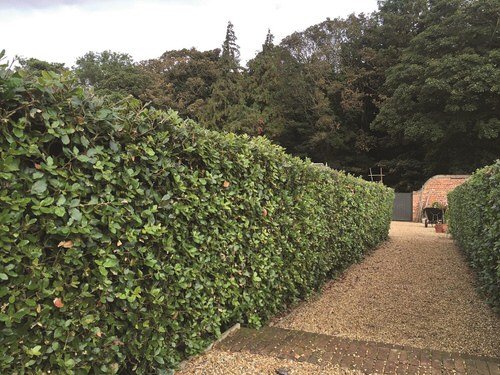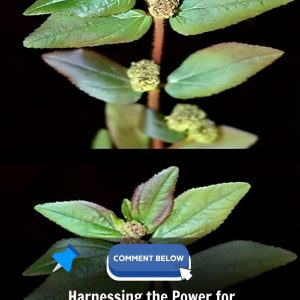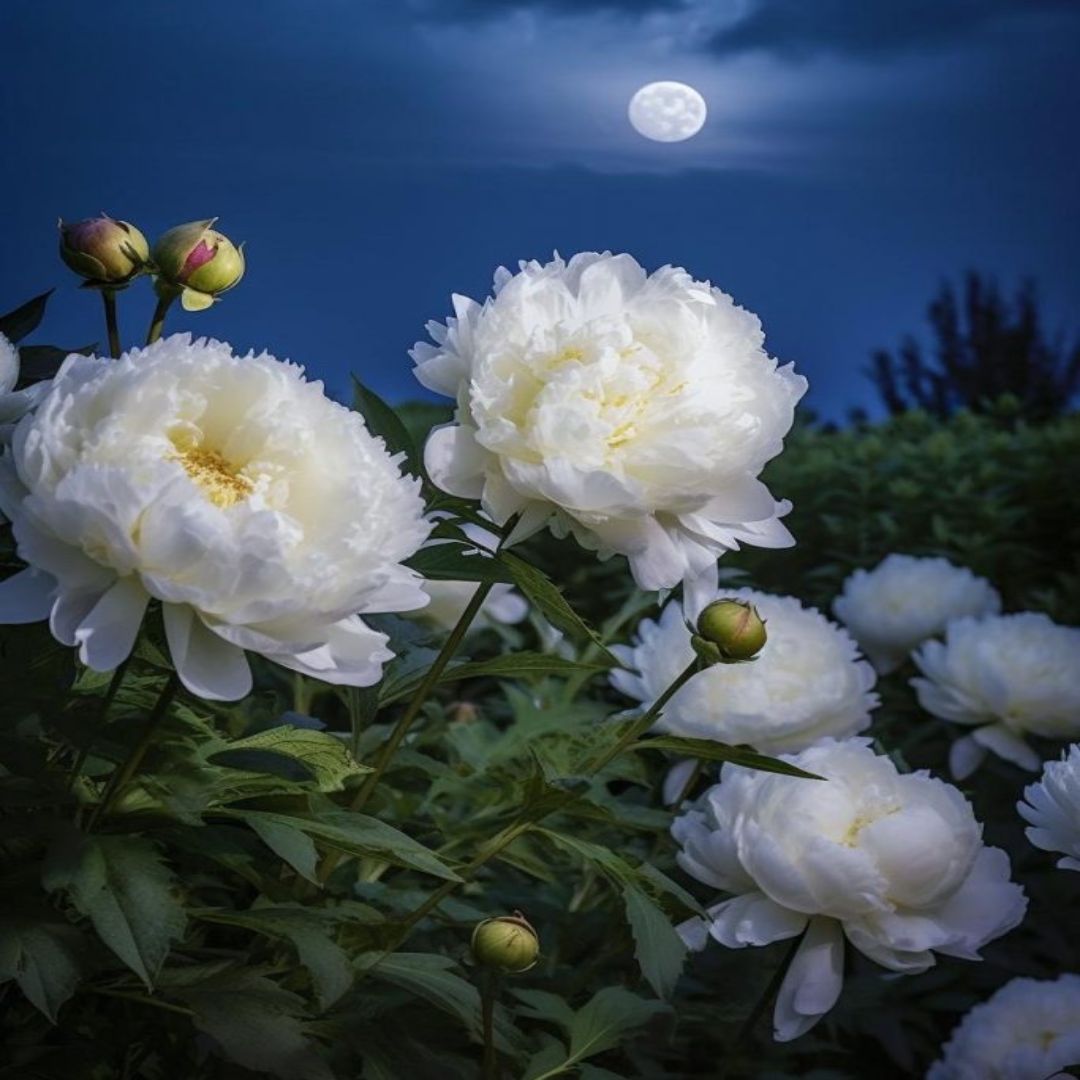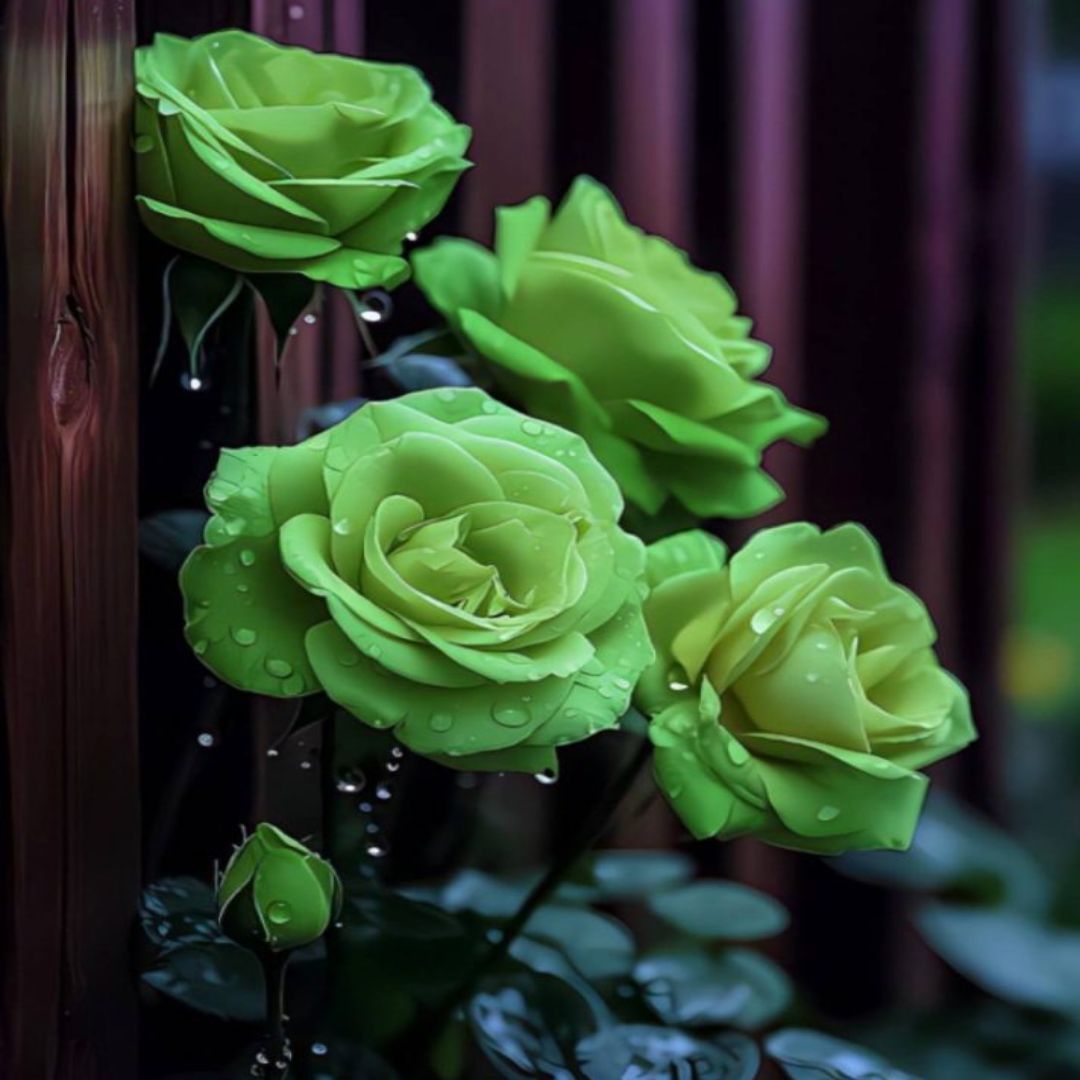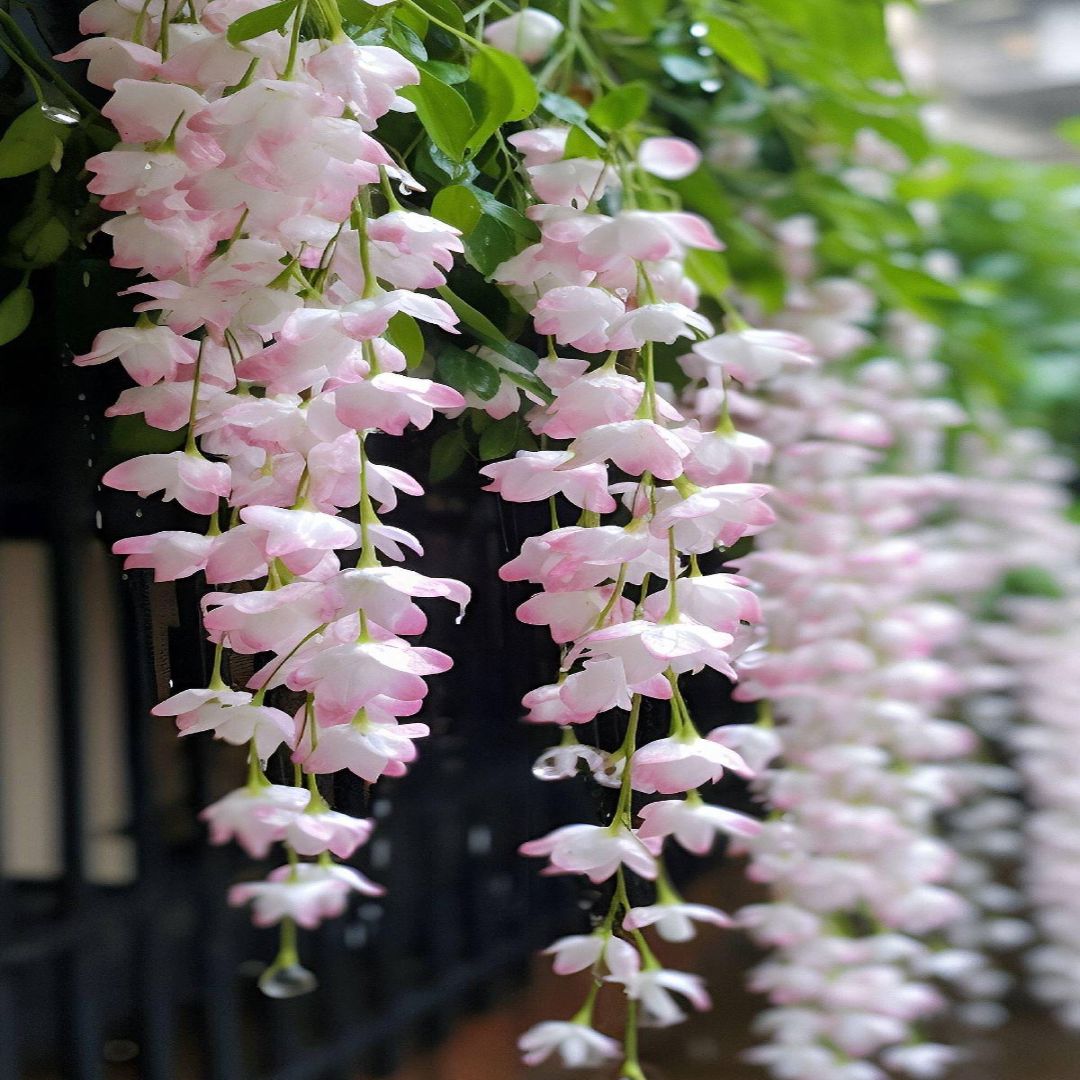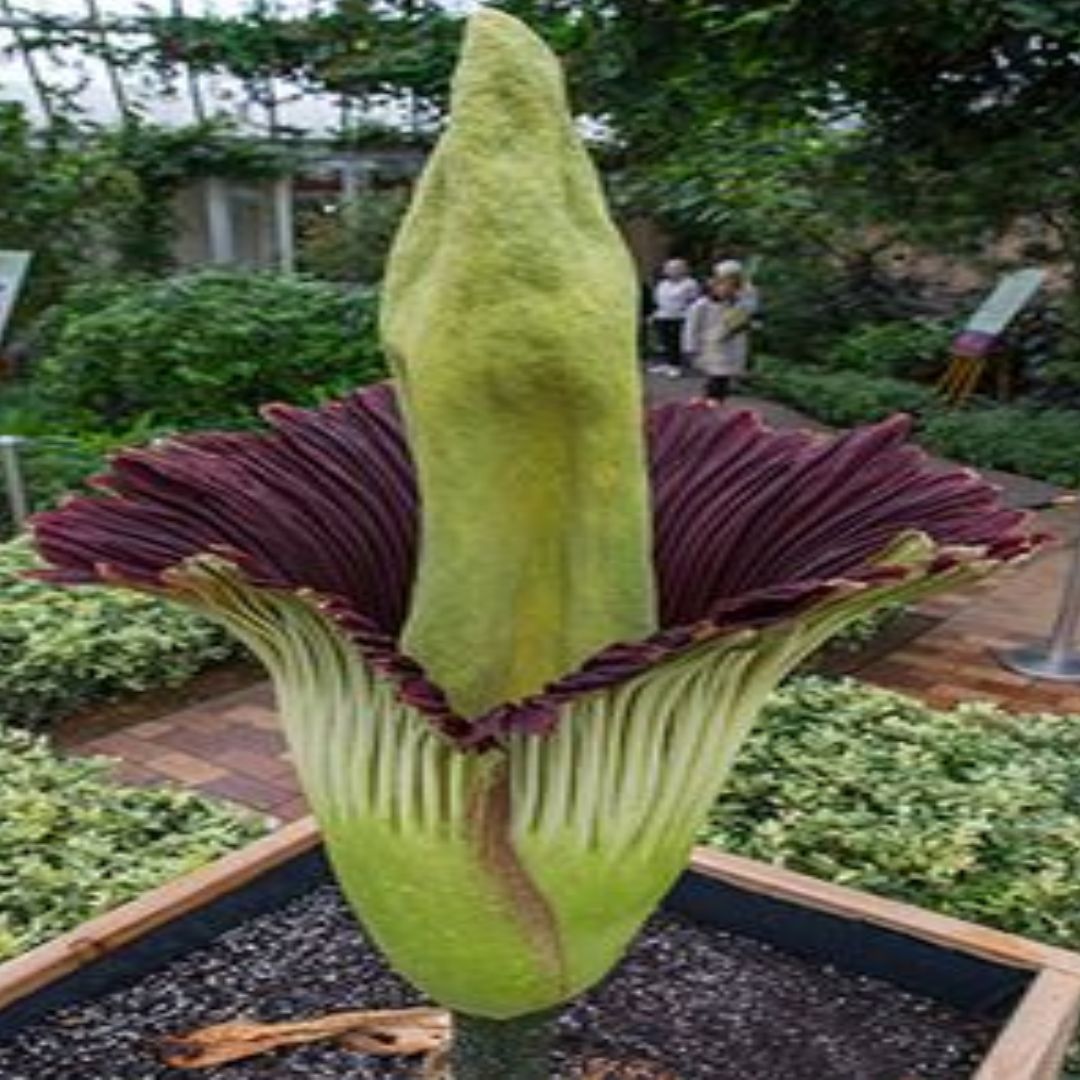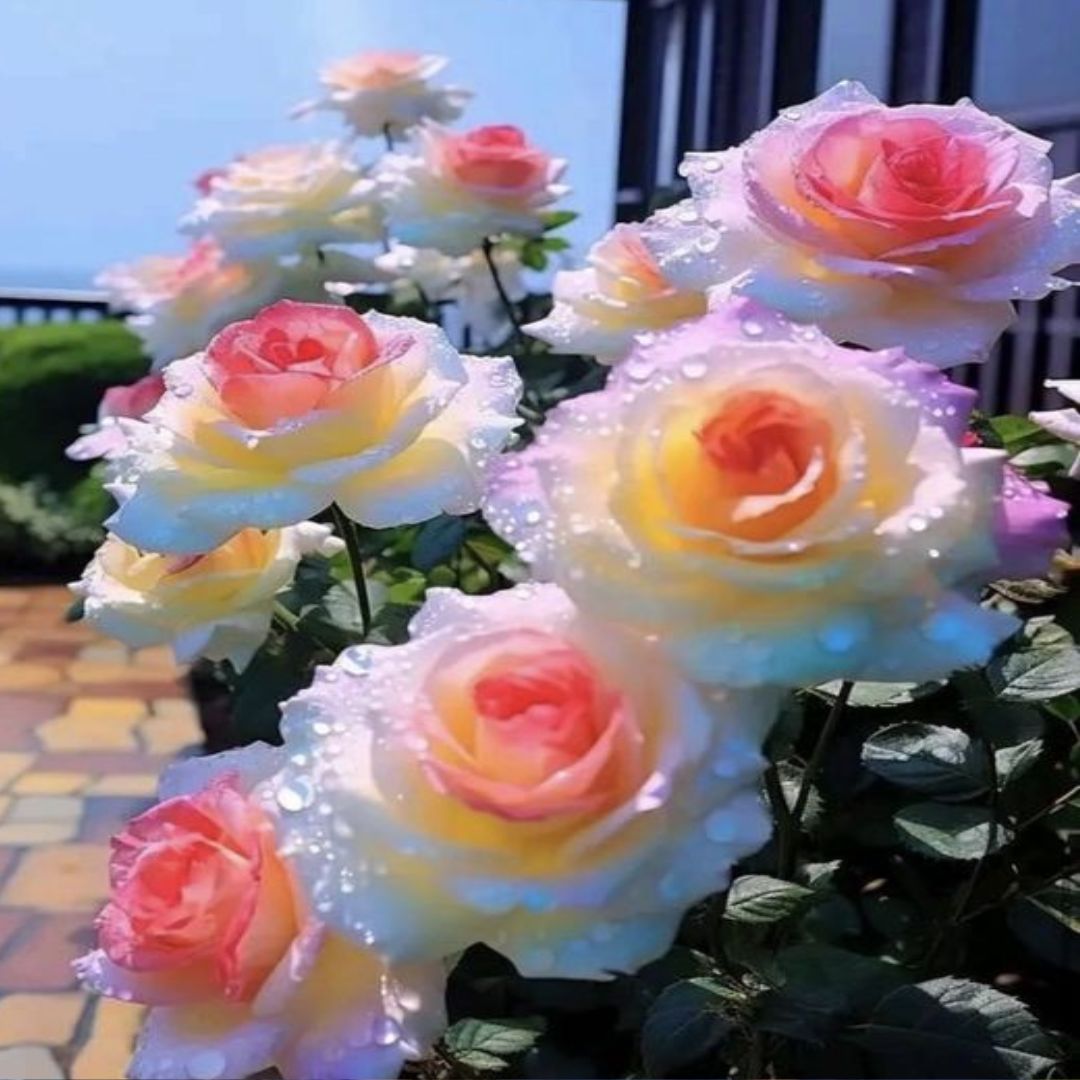Hedge Plants help you create privacy in your outdoor space from neighbors. Here are the Best Plants for Hedging you must try!
We have compiled a list of the Best Plants for Hedging that could grow into beautiful hedges without you having to put in too much effort!
1. Mexican Orange
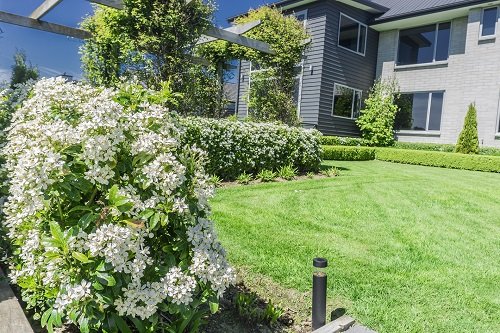
Botanical Name: Choisya ternata
USDA Zone: 7-9
This plant makes for a great informal hedge with pretty white blooms that also have a sweet scent during spring and summer.
2. Boxwood
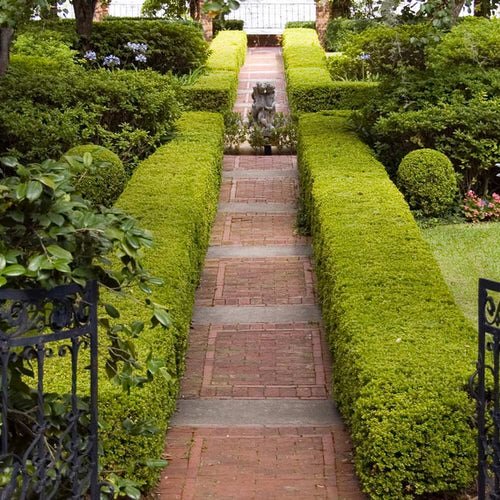
Botanical Name: Buxus
USDA Zone: 6-8
Grow Boxwood that has the potential to tolerate frequent shaping and shearing into different geometric shapes and forms. You can even leave it unpruned for its natural shape.
3. Glossy Abelia
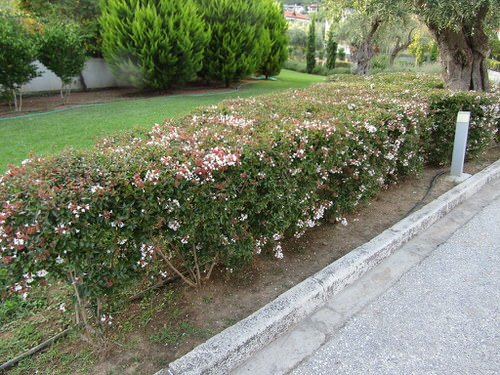
Botanical Name: Abelia x grandiflora
USDA Zone: 6-9
This hedge plant naturally forms an arching mound. The dark green-colored leaves change colors during the fall and turn into purple-bronze.
4. Redclaws
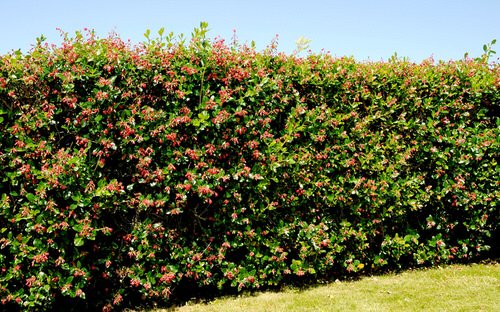
Botanical Name: Escallonia rubra var. macrantha
USDA Zone: 8-9
This shiny evergreen shrub has a tendency to grow up quickly and make for an informal hedge. This hedge plant bears rosy crimson-colored flowers from June to early autumn.
5. Flowering Quince
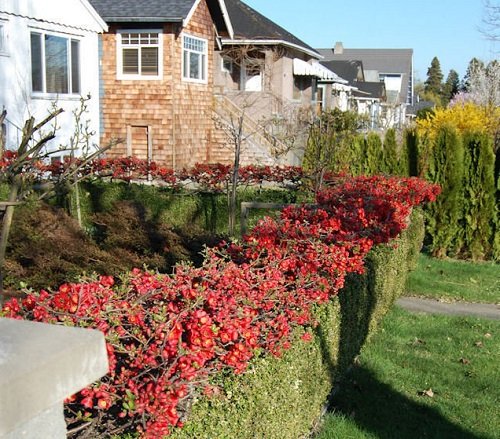
Botanical Name: Chaenomeles
USDA Zone: 4-8
You can add much charm to your spring garden or landscape with this hedge plant with blooms in shades of pink, scarlet, or white.
6. Japanese Spindle
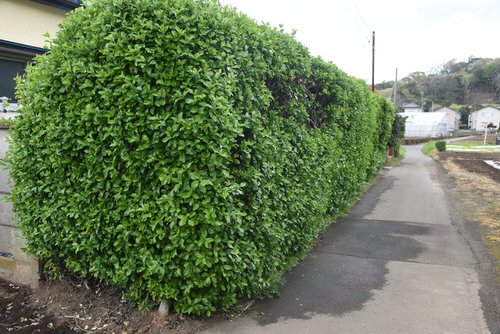
Botanical Name: Euonymus japonicus
USDA Zone: 6-11
This is another hedge plant that grows quite fast with glossy dark green-colored leaves. It cannot tolerate dry weather or drought-like conditions but can handle any kind of soil.
7. Golden Ticket Privet
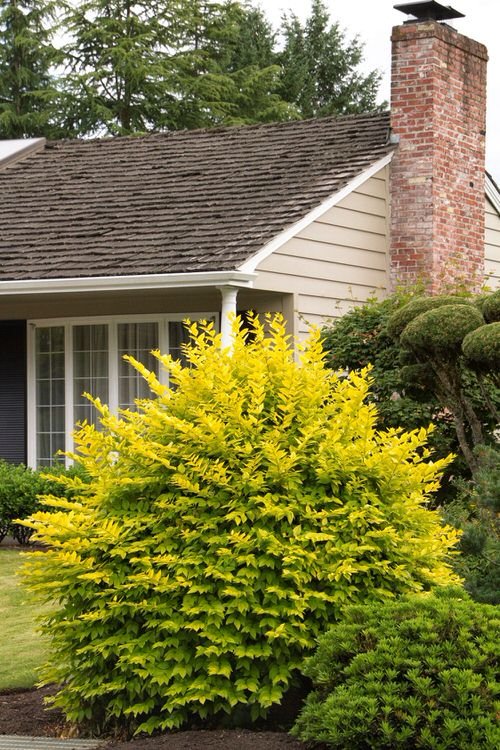
Botanical Name: Ligustrum x vicaryi
USDA Zones: 5-8
The shiny foliage with cheerful yellow-colored flowers in spring and white-colored bloom in summer make for another great hedge plant.
8. Golden False Cypress
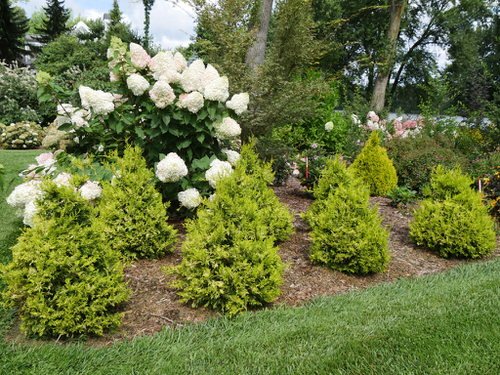
Botanical Name: Chamaecyparis pisifera
USDA Zones: 4-8
Dwarf varieties can make for good hedge plants with their golden foliage. You can preferably go for Gold Mop, Sungold, Filifera Aurea, and Sungold.
9. Oleander
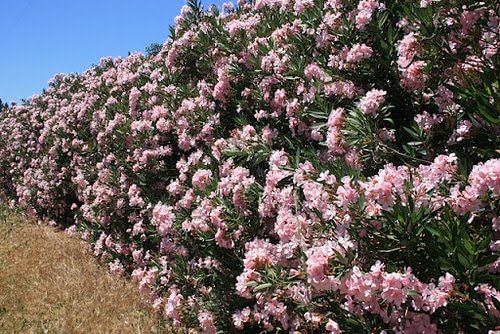
Botanical Name: Nerium oleander
USDA Zones: 8-10
You can always trust an Oleander to be the show stopper with its fragrant flowers in vibrant shades of pink, peach, red, or white from summer to fall.
10. Common Holly
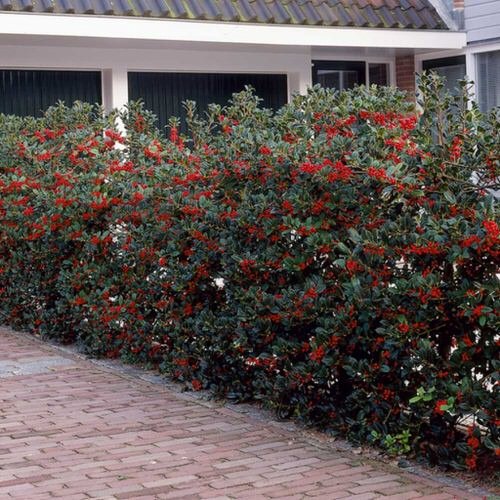
Botanical Name: Ilex aquifolium
USDA Zones: 5-9
Holly could be difficult to establish, but gardeners often would say how this plant is worth preserving. This plant can thrive in extremely polluted areas and winds.
11. Yellow Asian Firethorn
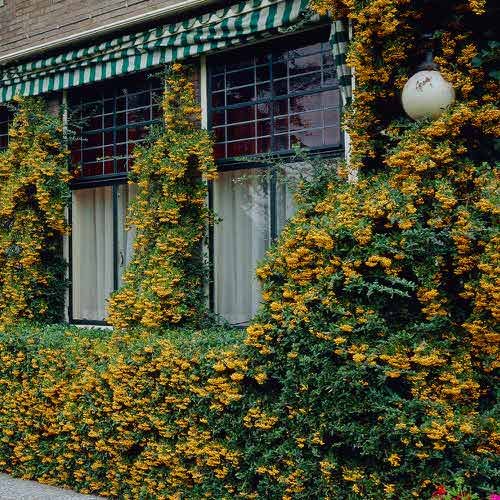
Botanical Name: Pyracantha
USDA Zones: 7-10
This hedge plant is prickly and can be so helpful in deterring animals from entering your landscape or garden. It is also another fast grower and looks great with white flowers.
12. Spirea
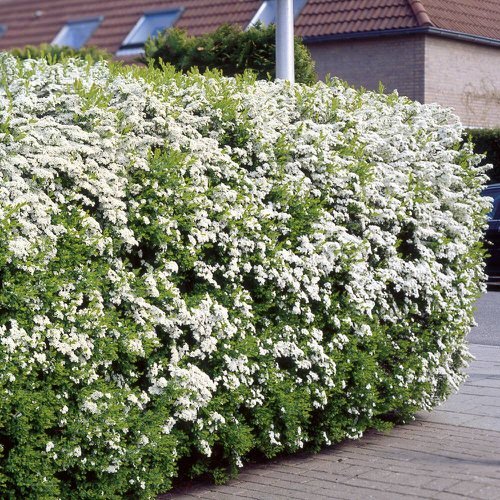
Botanical Name: Spiraea
USDA Zones: 3-8
With pink or white flowers and glossy foliage, Spirea makes for another great hedge plant to make for a privacy screen. It has been a favorite of gardeners for many decades now.
13. Holly Oak
Botanical Name: Quercus ilex
USDA Zones: 7-10
Evergreen Oak or Holm can make for another excellent choice of the dense screen that is even tall. It is another fast grower and can grow well in well-drained soil.
14. Korean Lilac
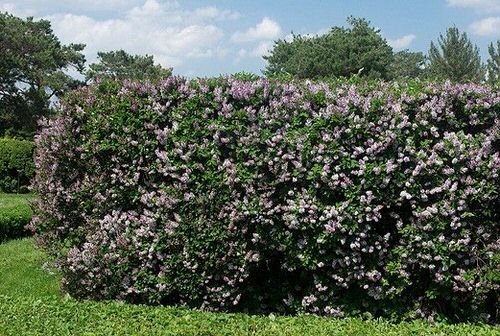
Botanical Name: Syringa
USDA Zones: 3-7
This deciduous shrub is always covered with flowers in the purple shade in May. Prune right after there are blooms to make sure it makes for a great floral display again next year.
15. Camellia
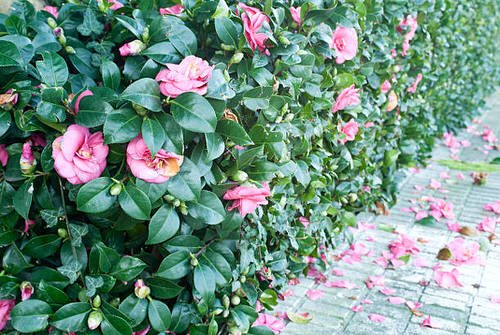
Botanical Name: Camellia japonica
USDA Zones: 7-10
These flowering beauties can be used to make a formal or informal hedge. Prune the plant at a low or high level, depending upon your preference and needs.
16. Hydrangea
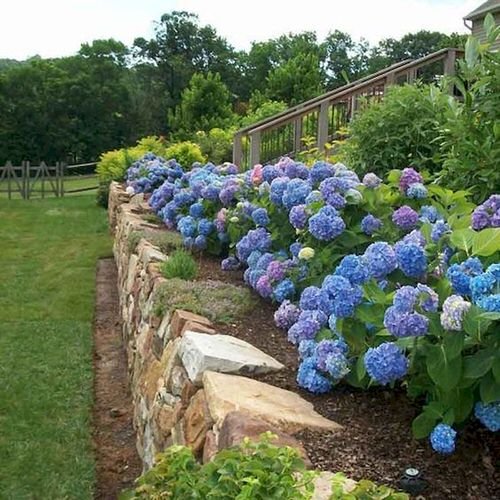
Botanical Name: Hydrangea macrophylla
USDA Zones: 3-8
Hydrangea can make for an excellent choice for a hedge plant with its different shape, size, bloom time, and color. They are great for the best show of flowers in summer.
17. Myrtifolia
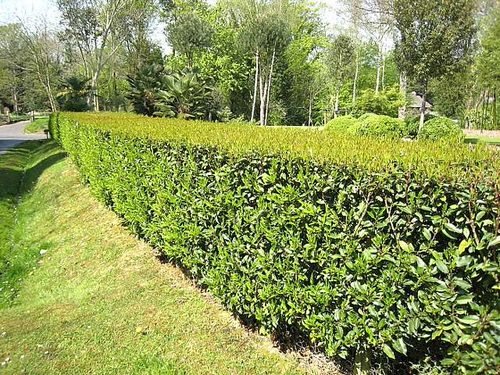
Botanical Name: Prunus lusitanica ‘Myrtifolia’
USDA Zones: 7-10
This species can form a bright hedge display mainly because of its glossy, small leaves in dark green color. It can grow well in dry soil and heat.
18. Common Hawthorn
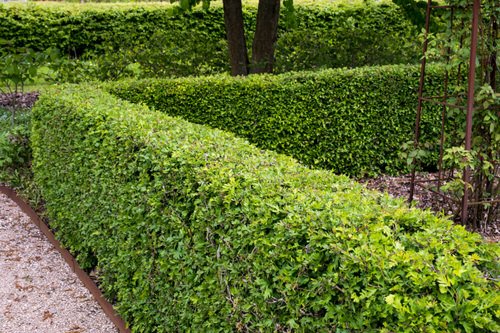
Botanical Name: Crataegus monogyna
USDA Zones: 4-7
As the name indicates, Common Hawthorn is one of the best hedge plants. It is another fast grower with white flowers that bloom in May, followed by red berries.
19. Ebbing’s Silverberry
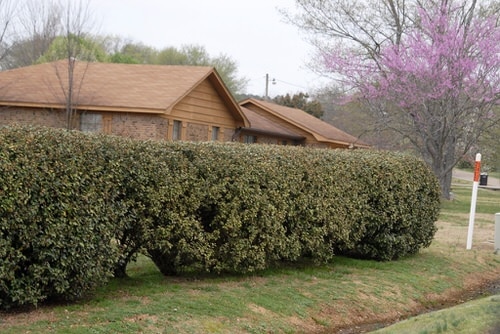
Botanical Name: Elaeagnus x ebbingei
USDA Zones: 7-10
This plant is another fast-grower and could be handy in windy places. It also prefers all kinds of soil except shallow chalk ones and is great for pleaching.
20. Hedge Germander
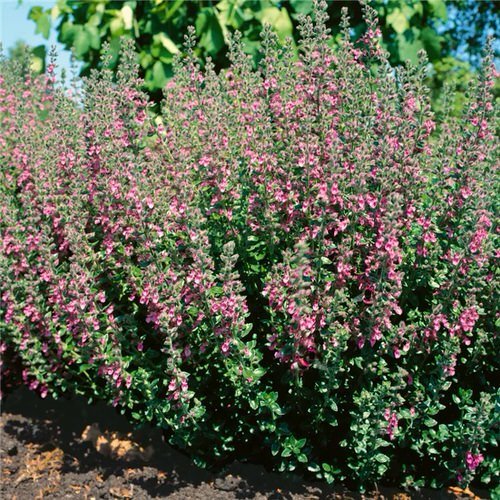
Botanical Name: Teucrium x lucidrys
USDA Zones: 7-9
This is an evergreen shrub that makes for another attractive hedge plant. Its pink flowers look striking against a lush dark, glossy green foliage.
21. Japanese Holly
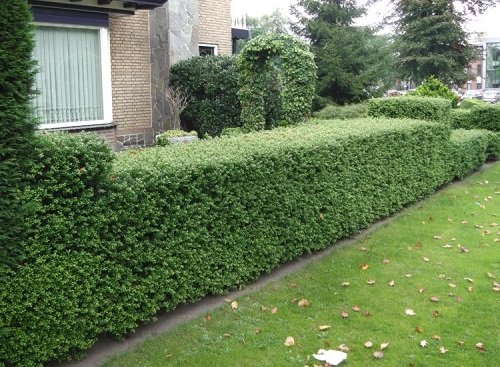
Botanical Name: Ilex crenata
USDA Zones: 5-6
This hedge plant could be difficult to establish and even has a growing habit of going branched or upright. But the effort will be worth it as it looks quite good.
22. Beach Rose
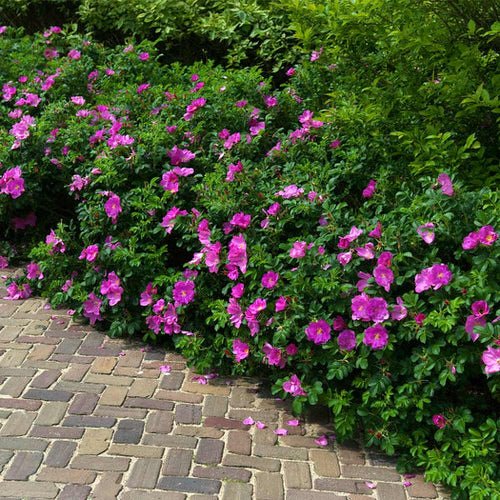
Botanical Name: Rosa rugosa
USDA Zones: 2-8
This is a tough shrub that bears sweet-smelling flowers starting from June to August. It can make for an informal or formal deciduous hedge plant.
23. European Hornbeam
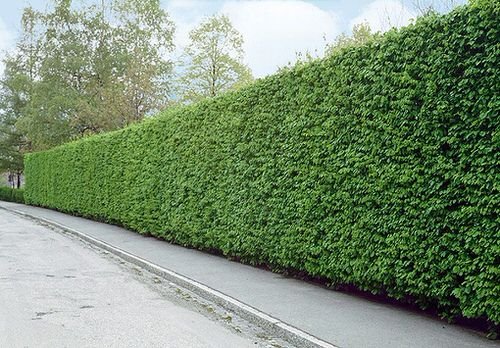
Botanical Name: Carpinus betulus
USDA Zones: 4-8
Another easy-to-grow and fast-growing specimen that can make for a formal hedge plant. It can tolerate sunlight, exposed areas, shade, and most kinds of soil.
24. Green Olive tree
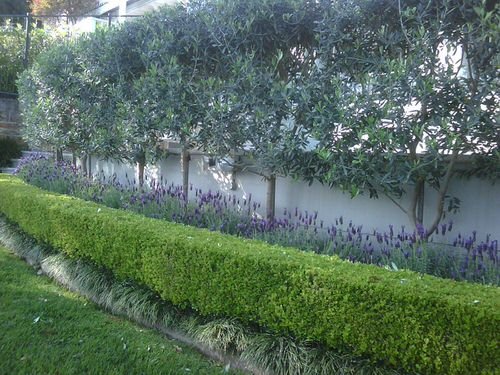
Botanical Name: Phillyrea latifolia
USDA Zones: 7-9
The Green olive tree can be used as a great hedge plant with lush dark green leaves in a round shape. It is quite hardy and can even grow very well in containers.
25. European Beech
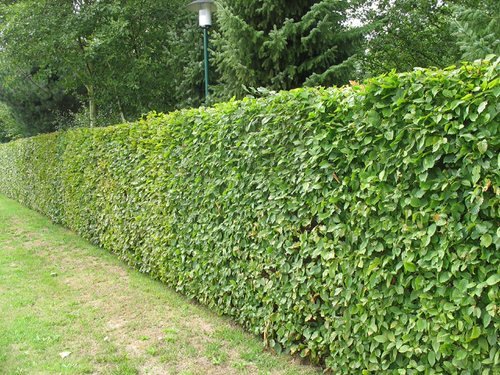
Botanical Name: Fagus sylvatica
USDA Zones: 4-7
This is another excellent choice for a formal hedge plant as it features leaves in shades of russet when planted as hedges.
26. Cherry Laurel
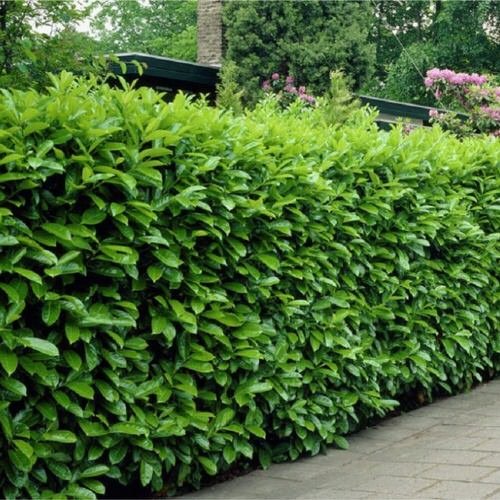
Botanical Name: Prunus laurocerasus
USDA Zones: 6-8
Cherry Laurel is another fast-grower with a habit of spreading wide. With big green leaves, it prefers full sunlight and can tolerate drought-like situations.
27. Lavender
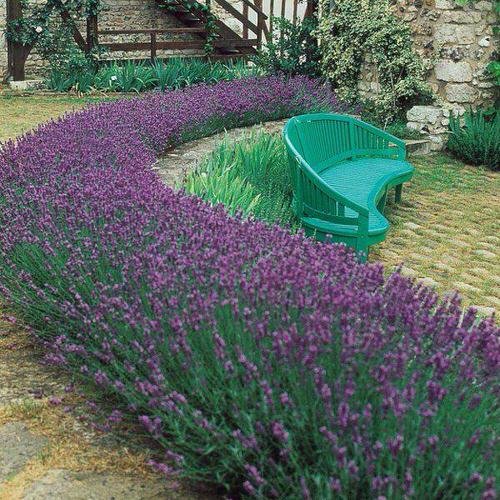
Botanical Name: Lavandula
USDA Zones: 5-9
Many cultivars of Lavandula can make for colorful, great hedge plants with fragrant flowers. This plant loves full sunlight and requires regular pruning.
28. Juneberry
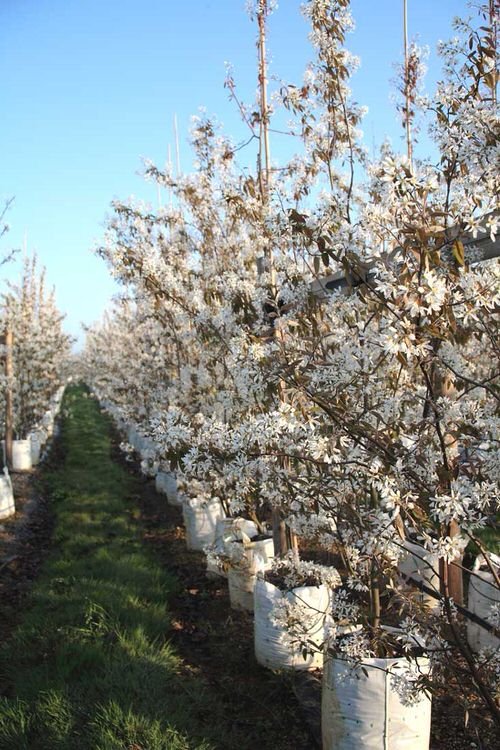
Botanical Name: Amelanchier lamarckii
USDA Zones: 4-10
Juneberry is an attractive flowering tree that blossoms in spring with lush foliage that turns from a coppery-red shade in spring to green and then finally into fiery red during the fall.
29. Hedge Maple
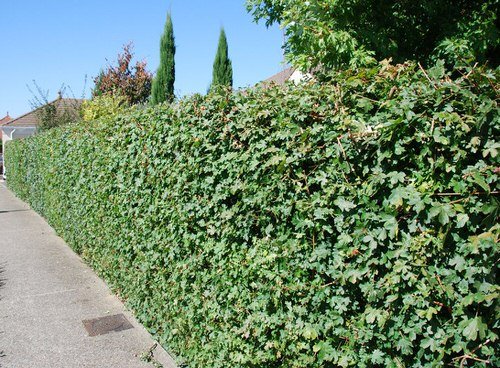
Botanical Name: Acer campestre
USDA Zones: 5-8
This maple plant with flowers is quite a trend amongst hedges and is another rapid grower. It can make a dramatic impact on your garden.
30. American Arborvitae
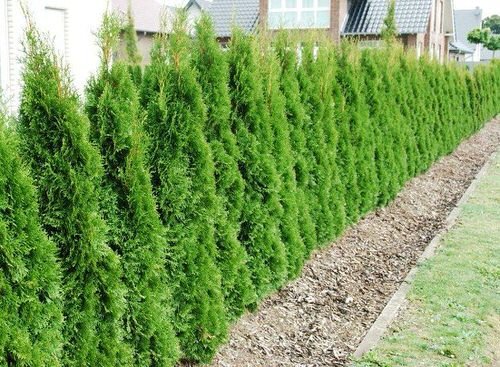
Botanical Name: Thuja occidentalis
USDA Zones: 3-8
This cultivar is popular for providing dense privacy. It is a common hedge plant due to its compact growth and upright, soft-textured foliage.
31. Sweet Mock Orange
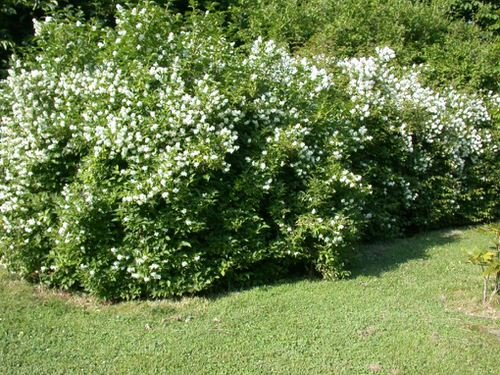
Botanical Name: Philadelphus coronarius
USDA Zones: 4-8
Sweet Mock Orange is also referred to as English Dogwood. With beautiful white flowers and dark green foliage, it can fill any space with a sweet fragrance in summer.
32. Canadian Hemlock
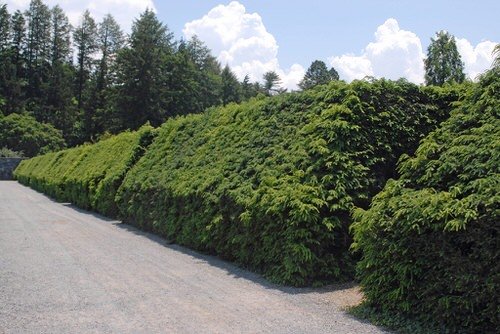
Botanical Name: Tsuga canadensis
USDA Zones: 3-7
These trees prefer shade and can also thrive well in full sunlight. Grow them in rows for a great privacy screen, thanks to their dense growth.
33. Mountain Laurel
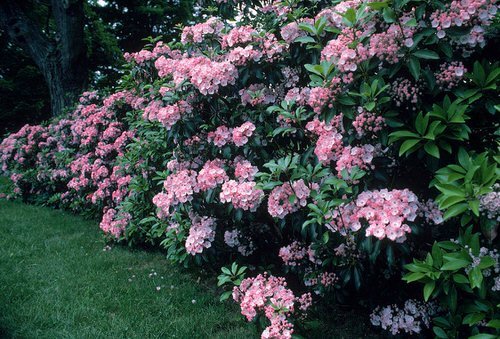
Botanical Name: Kalmia latifolia
USDA Zones: 4-9
Mountain Laurel is another evergreen broadleaf that makes for excellent hedges. The shrub also fills your garden with pink blooms from spring to summer.
34. Lilac
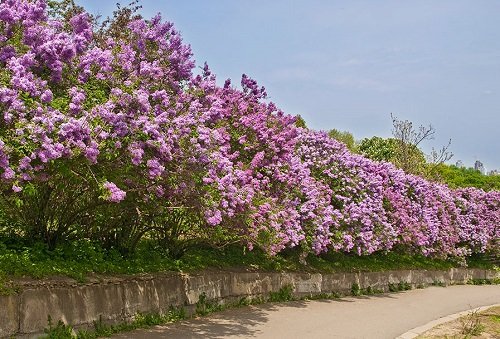
Botanical Name: Syringa vulgaris
USDA Zones: 3-7
This bush can be one of your best choices for the fragrance. Plant several Lilac plants in a line to make a hedge that will be full of blooms in no time!
35. Azaleas
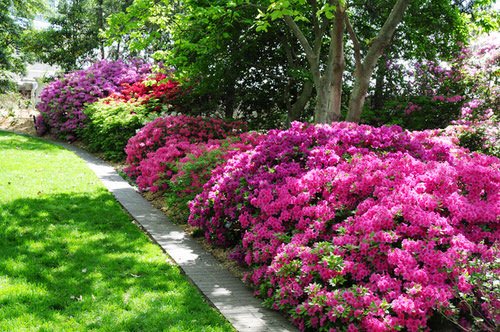
Botanical Name: Rhododendron
USDA Zones: 5-9
As with privets, azaleas can be evergreen or deciduous, but their flowers are far superior to those that come in pink, orange, white, red, and yellow hues.
36. Barberry Bush
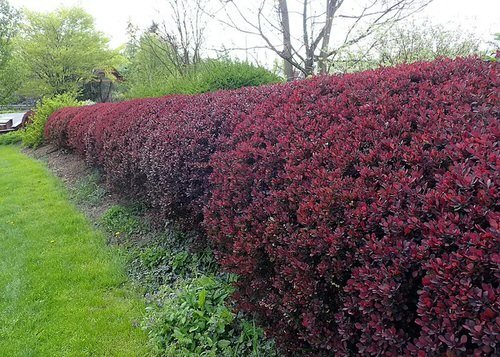
Botanical Name: Berberis thunbergii
USDA Zones: 4-8
If you are looking for a hedge plant for security, you can pick Barberry Bushes because of its sharp thorns. With bright red berries in winter, the bushes can even look gorgeous in winter.
37. Rose of Sharon
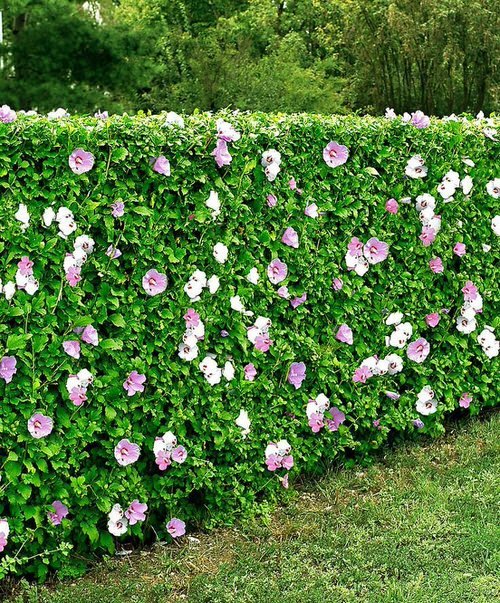
Botanical Name: Hibiscus syriacus
USDA Zones: 5-9
It is another common hedge plant that is valuable to many gardeners for its late-summer blooms. It continues to be colorful and alive even after most flowering plants have stopped blooming for the year.
38. Yew Bush
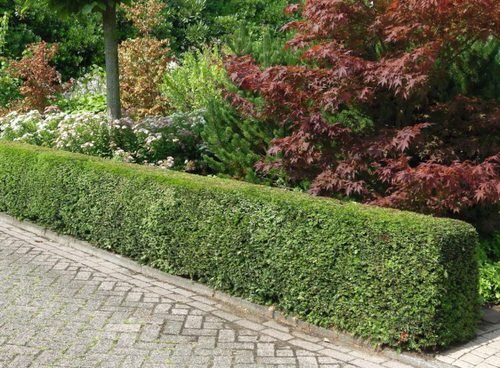
Botanical Name: Taxus
USDA Zones: 4-8
These needle-bearing evergreens are popular because of their tolerance towards the shade. They can also grow tall enough to act as privacy screens.
39. Forsythia
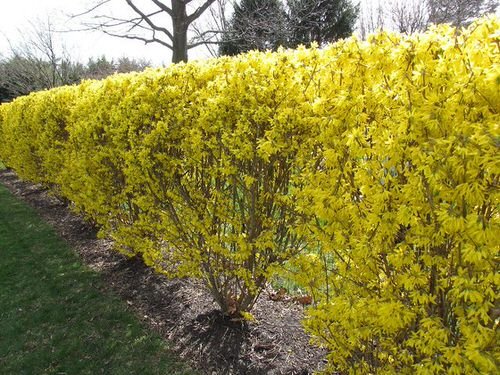
Botanical Name: Forsythia
USDA Zones: 6-8
You can choose this hedge plant for its flowers are one of the first to bloom in spring. It is low maintenance and doesn’t even require much pruning.
40. Privet
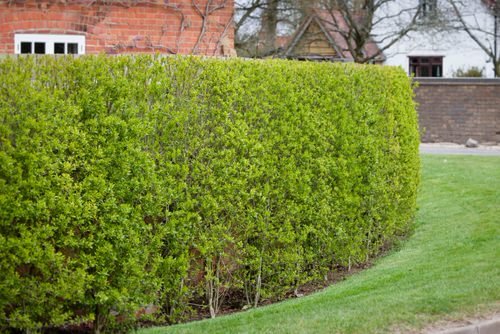
Botanical Name: Ligustrum
USDA Zones: 4-7
Privet hedges can be a spectacular addition to your garden. They grow without any fuss as they are quite invasive in nature.
41. Copper Leaf Plant
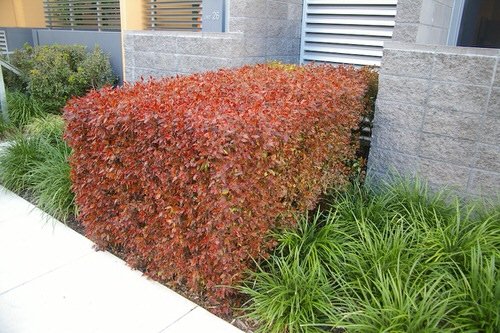
Botanical Name: Acalypha wilkesiana
USDA Zones: 10-11
This semi-evergreen plant produces green, pink, yellow, copper, cream, and orange leaves in oval or heart shape. It is also popular as Jacob’s coat.
42. Golden Dewdrops

Botanical Name: Duranta erecta
USDA Zones: 10-11
With striking evergreen foliage, some varieties also feature variegated or gold leaves. In spring and summer, you can also find them in white, violet, or light blue blossom clusters.
43. Hummingbird Bush
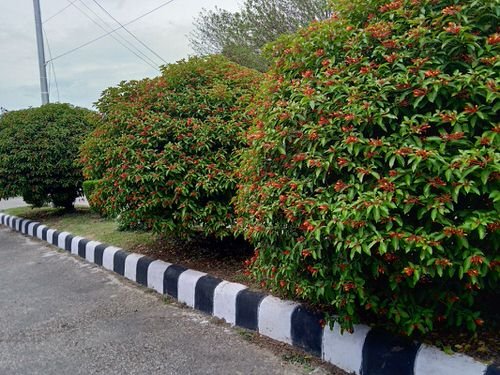
Botanical Name: Hamelia patens
USDA Zones: 9-11
A deciduous shrub that reaches a height of 2 feet and spreads up to 3 feet wide, Hummingbird Bush looks stunning with bright tubular flowers on velvety gray-green foliage.
44. Red Tip Photinia
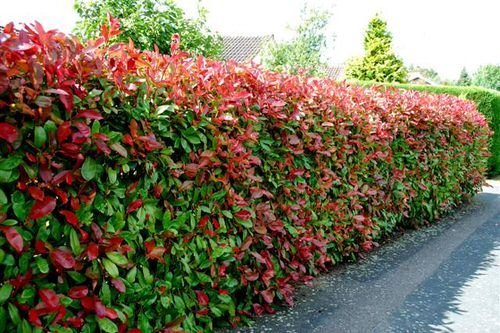
Botanical Name: Photinia × fraseri
USDA Zones: 7-9
Red Tip Photinia is an evergreen ornamental shrub that is noted for its attractive red and green foliage. The plant blooms with tiny white flowers.
45. Brazilian Spinach
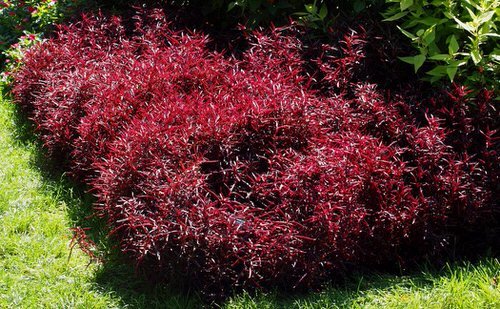
Botanical Name: Alternanthera
USDA Zones: 10-12
A low-lying perennial that also serves as a nutritious leafy vegetable. It is consumed as a salad green or main course vegetable in many places.
46. Weeping Fig
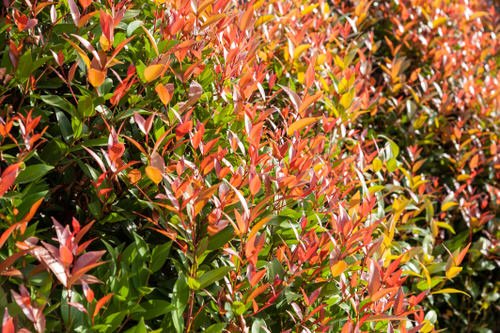
Botanical Name: Ficus benjamina
USDA Zones: 10-12
The glossy pointed leaves on the arching branches make for a statement houseplant. The plant is also considered lucky as per the Feng Shui traditions.
47. Herbst’s Bloodleaf
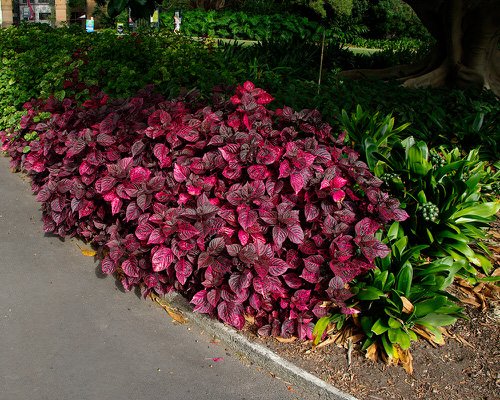
Botanical Name: Iresine herbstii
USDA Zones: 10-11
This ornamental hedge plant displays red leaves variegated with white and green markings and looks stunning on garden borders.
48. Lantana
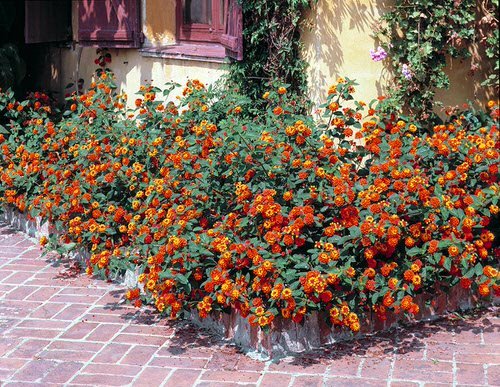
Botanical Name: Lantana
USDA Zones: 7a-11b
Lantanas are popular as ground covers, and the colorful floral clusters add an extraordinary charm to the yard. The flowers bloom in pink, orange, red, yellow, and purple.
Source: balconygardenweb
